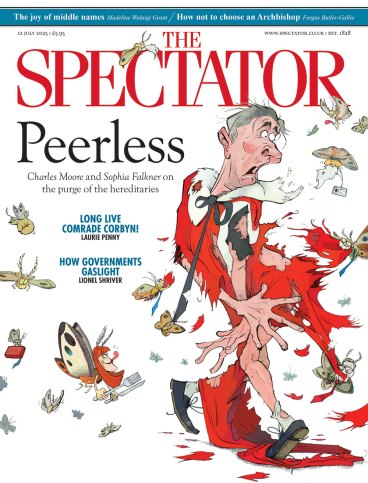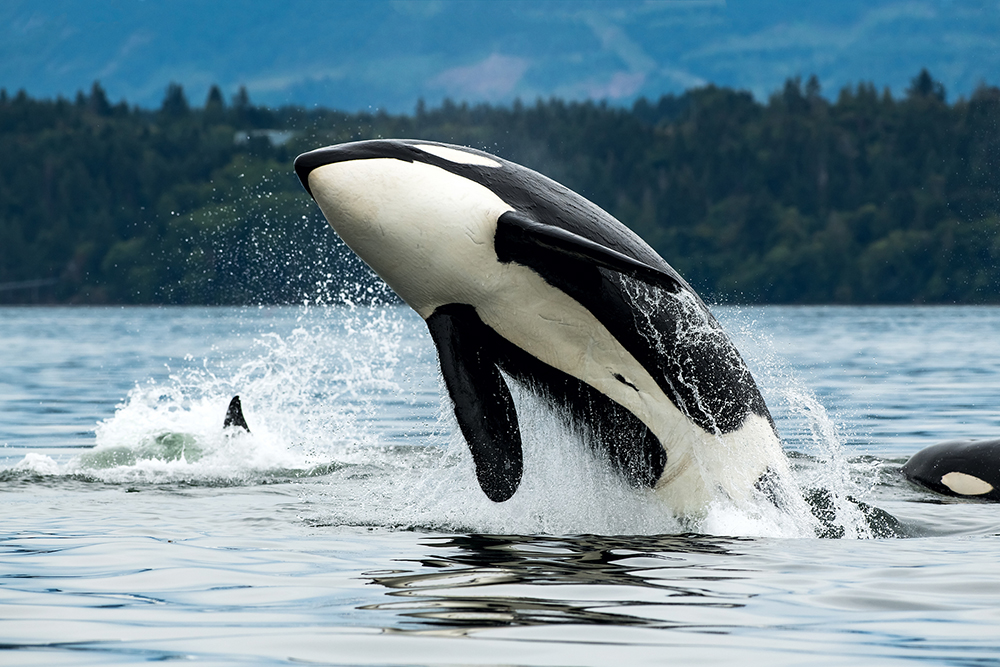
Killer whales have been seen offering titbits to divers – but as a gift or a lure? Plutarch (c. AD 100) had strong views on animal sentience.
Unlike most ancients, Plutarch did not think that animals were there to be exploited for humanity’s benefit, whatever that entailed for the animals themselves. He believed they were worthy of respect rather than exploitation because they demonstrated, admittedly in a ‘weak’ and ‘muddy’ form, a capacity to think, reason and remember. For example, without those capacities, an animal would not be able to discriminate between what it should avoid and what pursue. A mother partridge would not be able to teach its fledglings to lie on their backs under a piece of turf or rubbish when they were being pursued, while she lured the hunters away. Elephants could not be taught how to perform in the theatre, let alone remember (one rather slow learner, who was regularly toldoff, used to rehearse his moves all on his own by moonlight). Foxes would not test how thick the ice was on a river by listening for the flow of water underneath, in order to back off if they could hear it, and so on.
Further, it was obvious that animals had feelings and emotions arising from situations in which they found themselves, e.g. fear (deer), anger (lions) or love (for offspring). They were social creatures, as ants’ and bees’ communal characteristics illustrated. As for companionship, if a parrot-fish swallowed a hook, others showed collective solidarity and nibbled the line away. Crocodiles made friends with plovers, allowing them to clean their teeth, and pilot-fish led whales away from shallows.
Plutarch then tells the story of Arion and the dolphin, and another of a close friendship between a boy and a dolphin, until one day during a storm the boy fell off its back and drowned. The dolphin picked up the body and threw it and himself on to the shore, where it too died ‘thinking it right to share a death for which it thought itself responsible’. This was the clinching argument: dolphins, ‘having no need of man at all’, demonstrated ‘friendship for no advantage’.
And orcas?







Comments